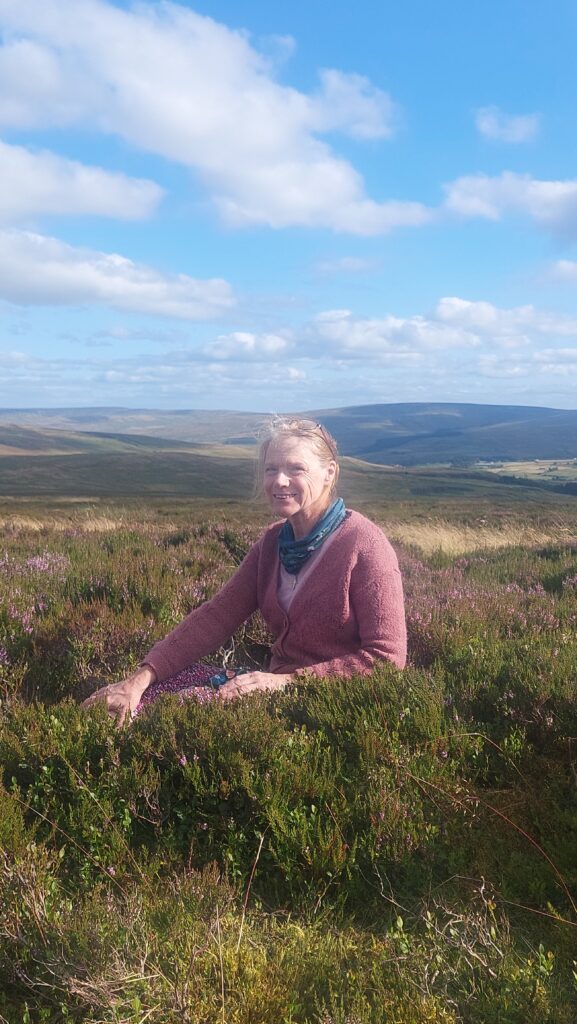Hi all, this is reading for if you want to join us on MSc Conservation and Ecosystem Management from Sept 2024. Please also feel free to contact me at helen.adamson@ncl.ac.uk
Looking forward to seeing you all
Here is the induction timetable
We are starting on Monday 16th September 2024. Is there something I can be doing in the meantime???
We will have an introductory session on RStudio – but you might like to have an advance look: https://bookdown.org/ndphillips/YaRrr/
What other preparation can I do? Reading material?
Here are my suggestions:
1. Keep up to date by following e.g. Natural England and Defra on social media, but also Northumberland National Park, National Landscape (formerly AONB)s and other organisations
2. Read reports like the 25 Year Environment Plan – its updates and State of Nature (you don’t need to read every word, of course
3. If ecology is new to you, or you want a refresher, try https://www.khanacademy.org/science/biology/ecology
4. If you are feeling a bit anxious about stats or R, then https://bookdown.org/ndphillips/YaRrr/
5. If you haven’t done much in terms of species ID I suggest the Collins books (the black ones) for wild flowers (Streeter et al) and for birds (Lars Svensson) and by all means use Apps (e.g. Seek) to help you – but start to look at plant families – and start to record sightings on iRecord. If you are a beginner in a habitat or group of species, then the FSC pull out guides are great. https://www.field-studies-council.org/product-category/publications/?fwp_publication_type=fold-out-guide – I am not too proud to use them; they can be extremely helpful.
6. If you really want to – you can start to ‘play’ with GIS – QGIS is free software which you will use, but you will also use ArcGIS which the Uni has the license for. This is really only if you fancy having a look, GIS comes alive when you have your own data. You can find beginner tutorials on YouTube.
7. The Knepp and Carrifran rewilding books are good reads if you haven’t read them
8. The first module is forest and woodland ecology. This book is a good introduciton, but don’t feel you have to spend a lot of money. You will have the library at your fingertips when you register: Ecology of Woodlands and Forests: Description, Dynamics and Diversity (Thomas and Packham).
9. If you are coming from a different discipline, have a look at some journal articles in a topic that you are interested in. Use google scholar to search. DO NOT allow yourself to be overwhelmed – but do skim read them. Some will be better than others and easier to follow. In google scholar you can search for e.g. red squirrel conservation, or hay meadow management or ancient woodland indicator species – whatever you are interested in. You can limit to papers e.g. since 2017. Look at the abstract and glance through the structure, read the conclusion … just get the feel for them a bit
Please feel free to add comments and suggestions if you have read something good or want to share.
And in case you are wondering what happened to my posts – we are still having fun in the field, but I have reached my capacity for photographs, so I need some serious overhauling!

